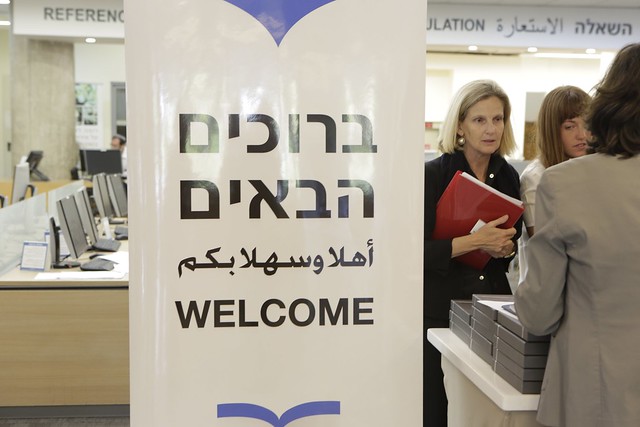Session II
Authority of the Book: Canonization, Censorship and Interpretation
Lorem ipsum dolor sit amet, consectetur adipiscing elit. Suspendisse varius enim in eros elementum tristique. Duis cursus, mi quis viverra.
The discussion focused on the phenomenon whereby amid the wide range of written works, certain books have acquired a status above all others either because of the holiness attributed to them or because of their recognition as the most important, influential works in the shaping of cultures.
The participants discussed how these books are chosen, who grants them their authority, who is appointed to interpret them, the implications of this phenomenon, what issues it entails, and whether it will continue in the age of new media. In the Jewish context, the speakers discussed the impact of secularization and the establishment of a sovereign Jewish state on the status of the texts, as well as whether a diminished prominence of these texts might weaken the connection among people with a shared culture
Chairperson: Prof. Margalit Finkelberg
Opening remarks: Prof. Moshe Halbertal
Speakers: Prof. Robert Alter, Prof. Eva Illouz, Prof. Daniel Kahneman, Prof. Jonathan Lear.
"Maimonides warns against man's tendency to believe that all that which is written is also true. The status of the book is problematic if it is not accompanied by discussion. Therefore, a library also needs a place of study alongside it — a place where critical discussion of books, their contents, and of the library itself may take place.”
- Prof. Moshe Halbertal














